Japanese beetles on blackberries
tworivers1
15 years ago
Featured Answer
Sort by:Oldest
Comments (11)
tworivers1
15 years agoRelated Professionals
70037 Landscape Architects & Landscape Designers · Hyattsville Landscape Architects & Landscape Designers · Billerica Landscape Contractors · Westwood Landscape Contractors · Edmond Landscape Contractors · Broomfield Landscape Contractors · Englewood Landscape Contractors · Fort Atkinson Landscape Contractors · Galt Landscape Contractors · Gloucester Landscape Contractors · Mastic Beach Landscape Contractors · Mastic Beach Landscape Contractors · Morrisville Landscape Contractors · South Hackensack Landscape Contractors · Palos Heights Landscape Contractorsjellyman
15 years agockbaldwin
15 years agoglenn_russell
15 years agojellyman
15 years agosharppa
15 years agotworivers1
15 years agocalifornian
15 years agoladyslppr
15 years agosharppa
15 years ago
Related Stories

GARDENING GUIDESGreat Lakes Gardener: What to Do In July
Gather juicy berries and breathe in the lovely scent of lilies, but don't forget to stay on top of watering needs and shake off the beetles
Full Story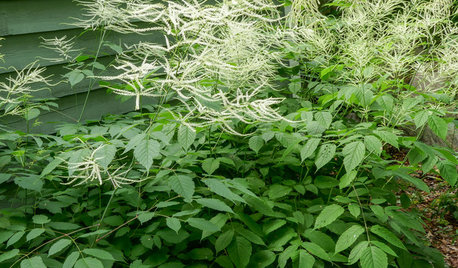
FLOWERS AND PLANTSAruncus Dioicus Is a Stately Plant for Shady, Moist Garden Spots
Plant goat’s beard in perennial and woodland gardens. Its large white spring blooms attract bees, beetles and butterflies
Full Story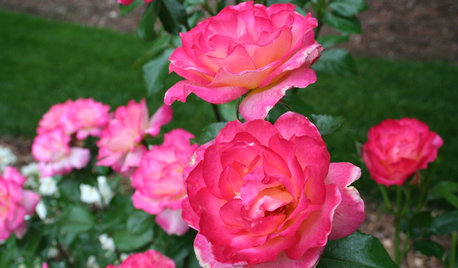
GARDENING GUIDESSoutheast Gardener: What to Do in June
Get your snippers out to protect your roses from beetles and harvest lavender from the landscape. It's a glorious month for Southern gardens
Full Story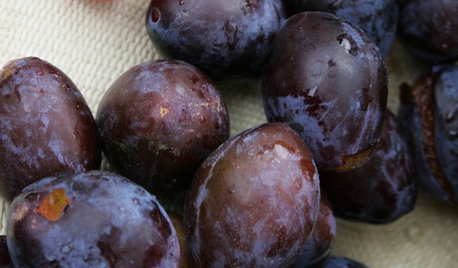
FRUIT TREESHow to Grow Your Own Juicy Plums
Easier than other stone fruits and with a variety of colors to choose from, plums are a versatile garden addition
Full Story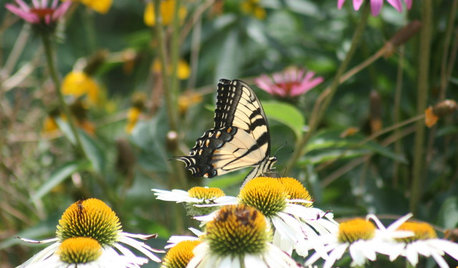
GARDENING GUIDESLessons in the Rewards of Selfless Gardening
Let go of gardening for your own vision and watch the garden’s own true vision come forth
Full Story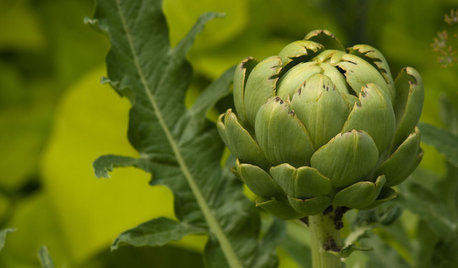
GARDENING GUIDESYour Garden Is Stirring — Here’s What to Do in February
February is a good time to start seeds, shape up shrubs and watch for the earliest blooms. Here’s what to do in your part of the U.S. now
Full Story
GARDENING GUIDES5 Best-Behaved Trees to Grace a Patio
Big enough for shade but small enough for easy care, these amiable trees mind their manners in a modest outdoor space
Full Story
GARDENING GUIDESGreat Design Plant: Pinus Thunbergii ‘Thunderhead’
Thunderhead pine adds year-round strength and structure to the garden
Full Story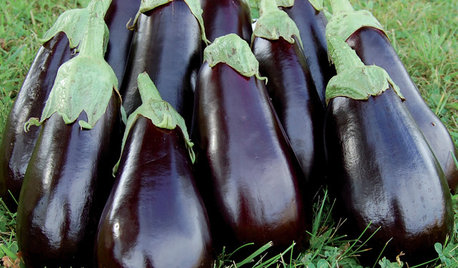
SUMMER FRUITS AND VEGETABLESHow to Grow Eggplant at Home
Plant glossy purple eggplant as much for its beauty in the garden as its flavor on the plate
Full Story0

COOL-SEASON CROPSCool-Season Vegetables: How to Grow Radishes
Fast growing and bright, these easy-care veggies are great for kids and bring plentiful color to a fall or spring garden
Full Story





jellyman